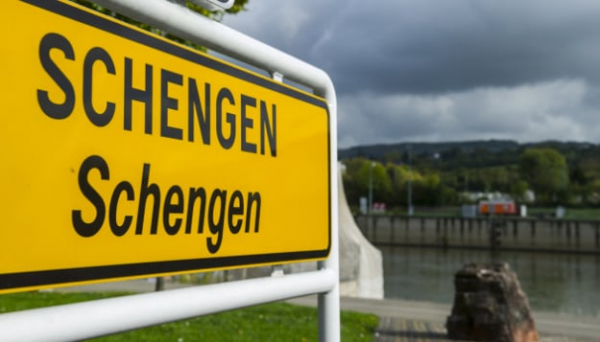Starting today, March 31, Bulgaria and Romania officially entered the Schengen zone. — This is reported by the Obozrevatel website with a link to the official website of the European Commission. Border controls at entry and exit from these countries to other Schengen countries by air or water transport have been abolished.

However, control will remain at the land borders with other EU countries for now. The decision on its abolition must be made by the EU Council, and, as the European Commission notes, this will be done “within a reasonable time.”
Austria opposes the abolition of controls; negotiations are ongoing. It was Austria that previously blocked the entry of the mentioned countries into the zone.
Read also: Romania: why one of the poorest EU states is set as a model for Ukraine
The Schengen zone includes 29 countries that have joined the Schengen zone agreement. The zone was created specifically for travel between countries without border controls at internal borders.
Of the 27 EU countries, 25 are included in the Schengen area. Of the two EU members not in the Schengen area, Cyprus is legally obligated to join this area in the future; Ireland stated that it retains the right to non-participation.
Iceland, Liechtenstein, Norway and Switzerland are not members of the EU, but have signed agreements to join the Schengen Agreement and are members of the Schengen area. In addition, Monaco, San Marino and Vatican City, which maintain open borders with their neighbors, are considered de facto members of the Schengen area.

